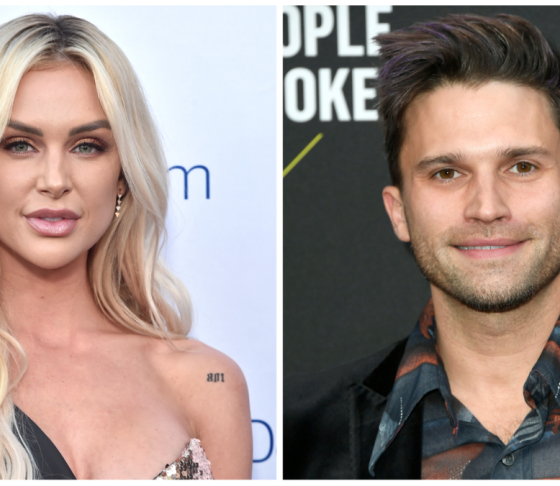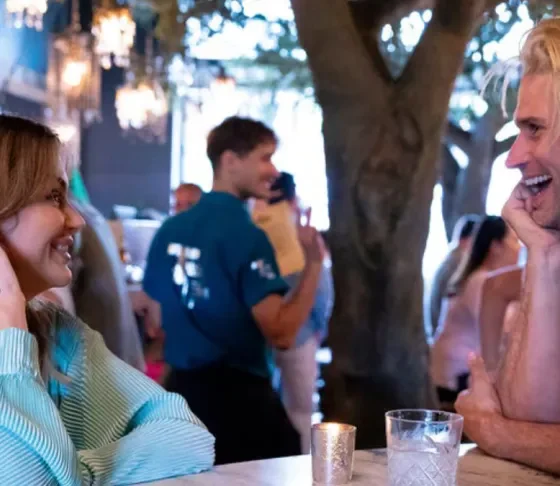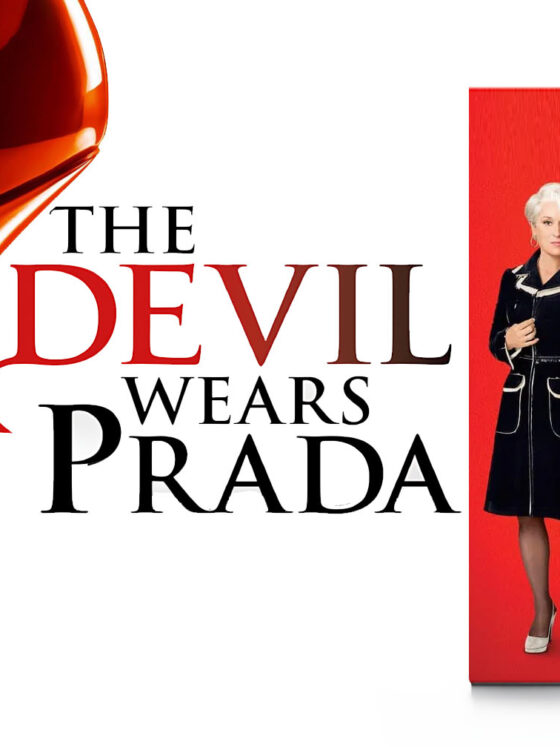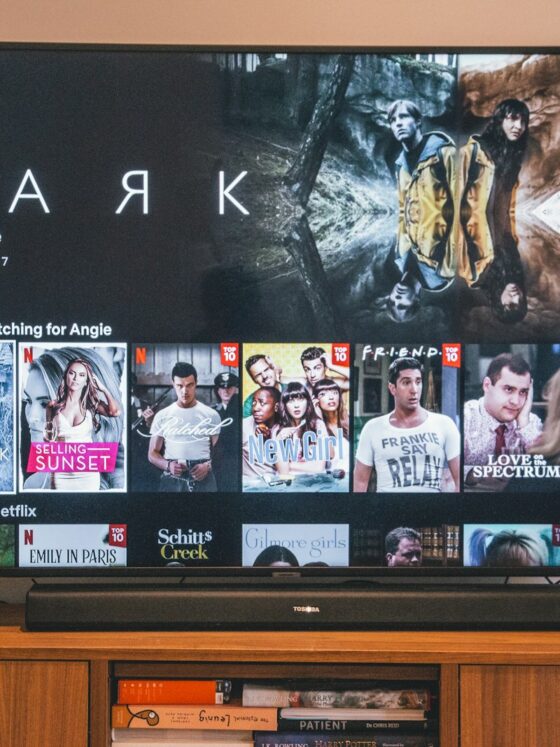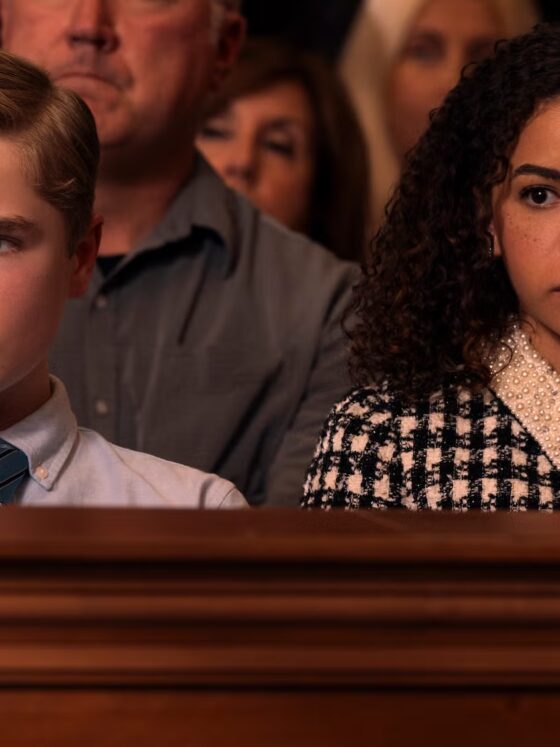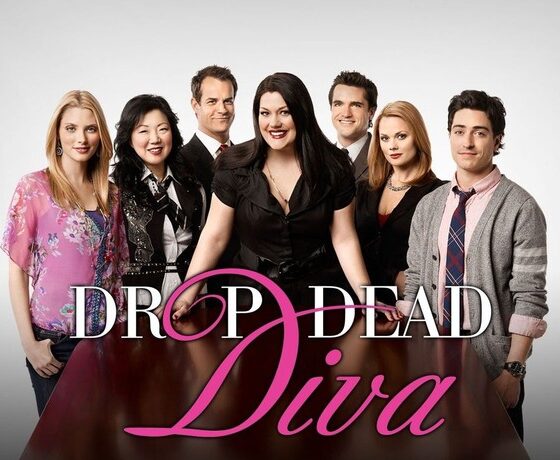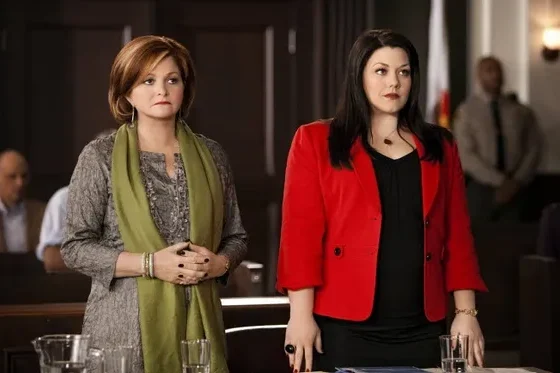Britney Spears: a pop icon, a global phenomenon, and—more recently—the face of a movement. Documentaries revealed her conservatorship, her trauma, and the public’s involvement in it all, leaving the world in awe. If you think you’ve seen it all, think again. These films didn’t just tell her story—they reignited a global reckoning.
Here’s why the documentaries on Britney Spears matter, what they reveal, and how they helped fuel #FreeBritney into a full-blown force for change.

Framing the narrative: the rise of #FreeBritney
The release of Framing Britney Spears by The New York Times and FX cracked open the glossy exterior of pop culture. The documentary Top Must-Watch Documentariesexposed the harsh reality of celebrity, revealing how a court-appointed conservatorship micromanaged Britney’s life.
The sequel, Controlling Britney Spears, revealed even darker truths. From secret iPads mirroring her private communications to allegations of financial exploitation, the doc shook fans and legal observers alike.
“It reminded me of prison,” said Alex Vlasov, a former Black Box employee who witnessed surveillance tactics firsthand.
A media storm: Netflix, Hulu, and the battle for truth
Britney vs. Spears, Netflix’s entry into the conversation, arrived like a bombshell. Directed by Erin Lee Carr and journalist Jenny Eliscu, it addressed Spears’ career, legal battles, and personal struggles—bringing new evidence and emotional weight to the story.
Hulu’s Toxic: Britney Spears’ Fight for Freedom and FX’s Framing Britney Spears both sparked massive interest, but critics asked, are we helping or exploiting?
Still, the timing and tone of these documentaries were undeniably powerful. They brought a long-silenced narrative into the mainstream—and gave Britney her voice back.

From fan movement to courtroom change
Following Britney’s shocking testimony in June 2021, these documentaries helped legitimise the #FreeBritney campaign. No longer just fan outrage, it became a human rights conversation. Journalists such as Samantha Stark and Liz Day elevated the discourse by interviewing insiders and exposing a system that clearly failed a woman.
Spears’ lawyer, Mathew Rosengart, cited documentary evidence when filing motions to end the conservatorship. There was a tangible influence and genuine transformation.

Shocking revelations: surveillance and control
The most jaw-dropping claims were made in the documentary Controlling Britney Spears. Allegedly, Britney was under constant surveillance by her father’s team:
- Her phone and messages were mirrored to a secret device
- Conversations with her lawyer were intercepted
- Her home, travel, and daily life were tracked without consent
Legal experts questioned whether these acts violated attorney-client privilege. Fans, in the meantime, were horrified—how could this level of intrusion persist for over a decade?
A pop culture reckoning
These documentaries compelled the public to reconsider its fascination with the downfall of celebrities. Gone were the punchlines and paparazzi gags—replaced by remorse, empathy, and accountability.
Even older footage—like clips from Britney: On The Record (2008)—took on new meaning. Scenes once dismissed as “meltdowns” were reframed as cries for help. The question became clear: what role did we play in her pain?
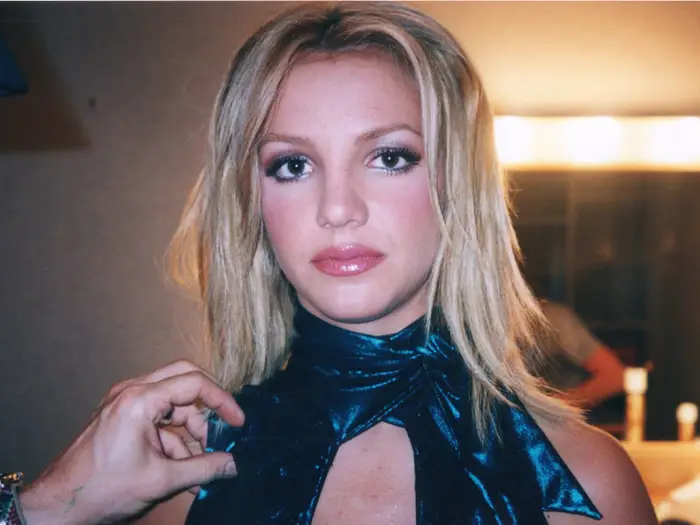
External voices, internal change
Interviews with former insiders like Adnan Ghalib and Sam Lutfi shed new light on Britney’s past. From sneaking legal documents into hotels to claims of being scapegoated, their stories layered new dimensions onto an already complex tale.
While some moments felt too sensationalised, most docs aimed for balance—honouring Britney while exposing the system that broke her.

What happens next?
Though the conservatorship has ended, the fight for Britney’s freedom isn’t over. These documentaries remind us that justice doesn’t end with a court ruling—it continues with reform, accountability, and empathy.
What does this mean for the audience? It’s a lesson in compassion, media literacy, and the power of collective voice.
Explore more culture and media insights:




